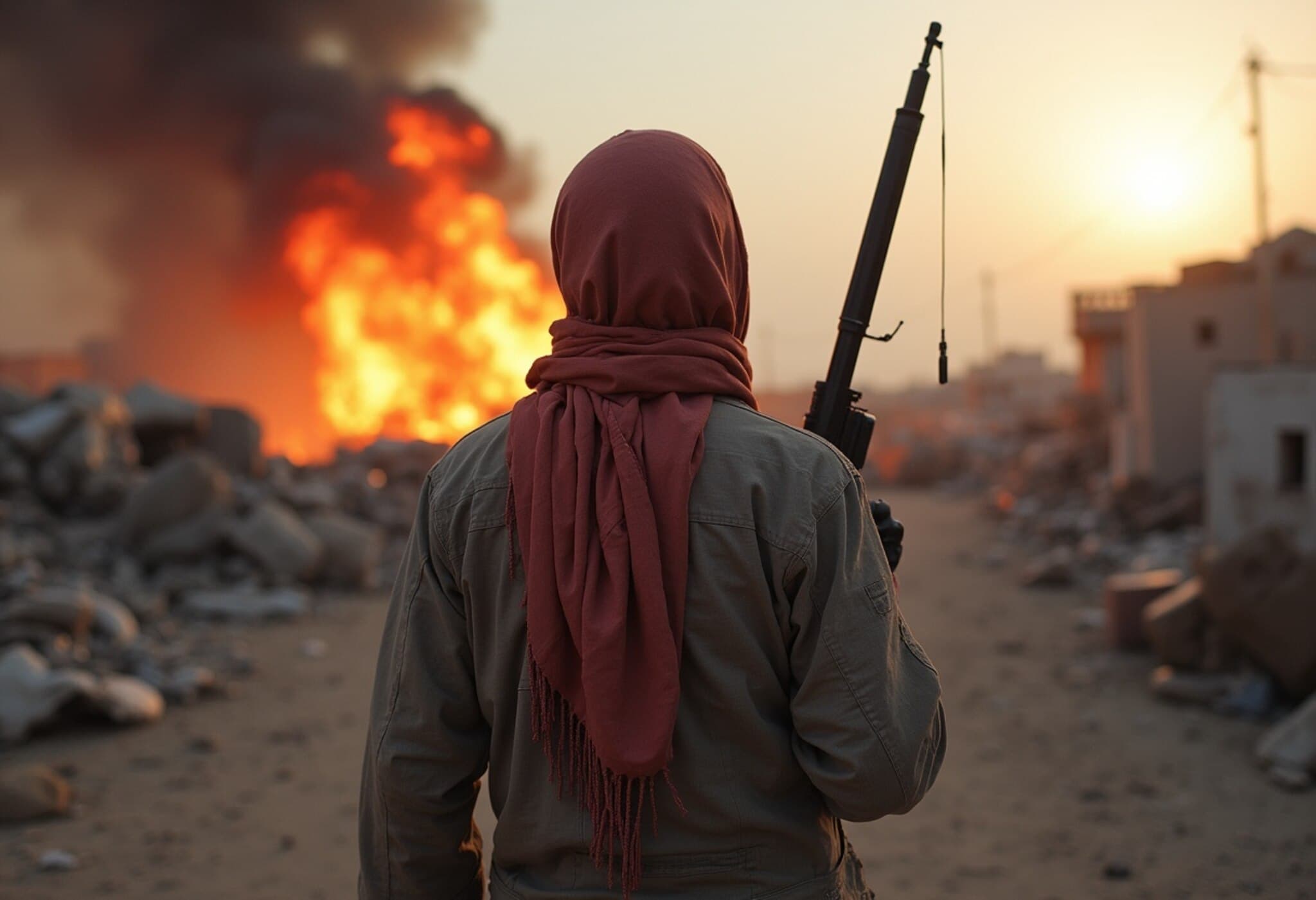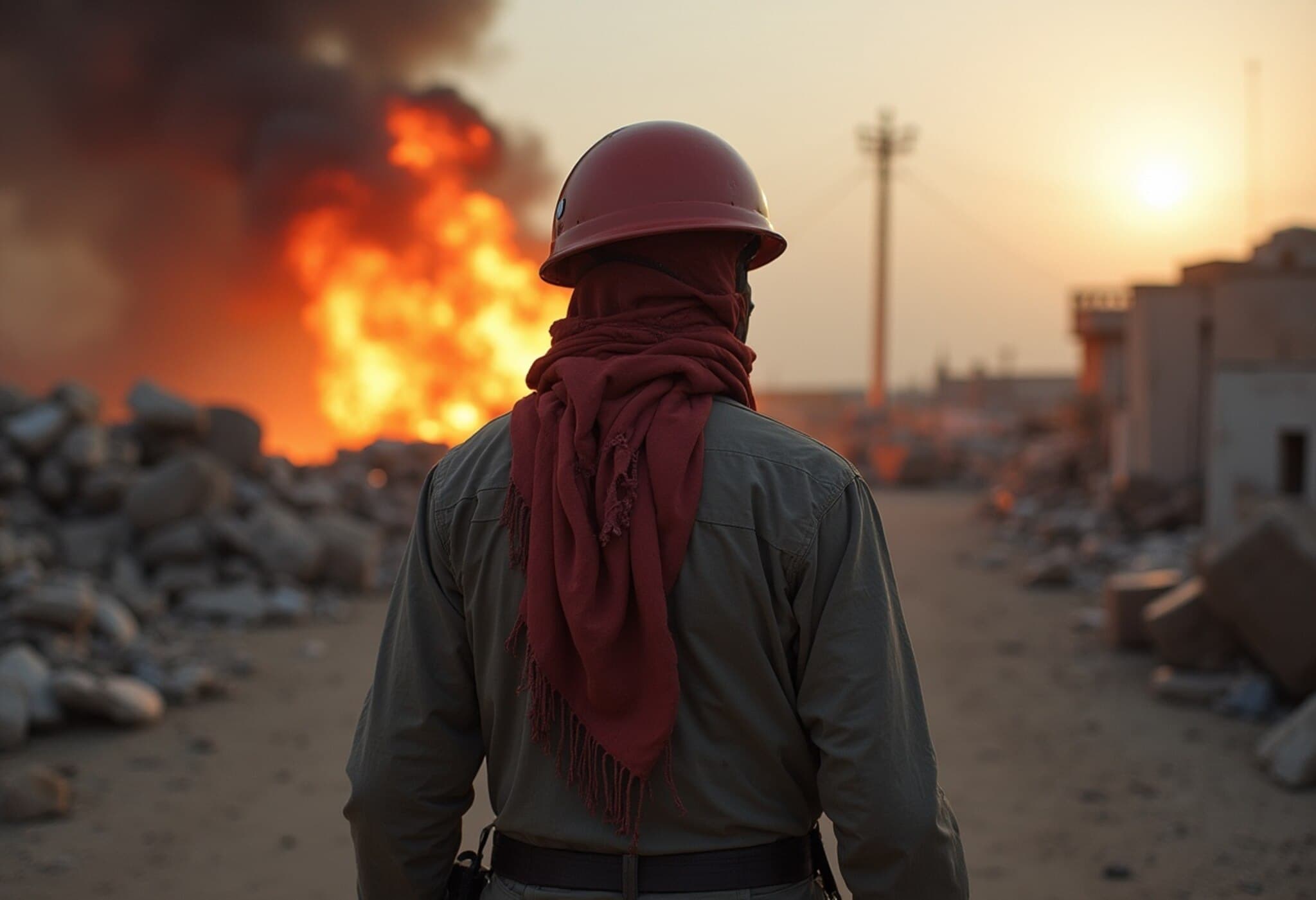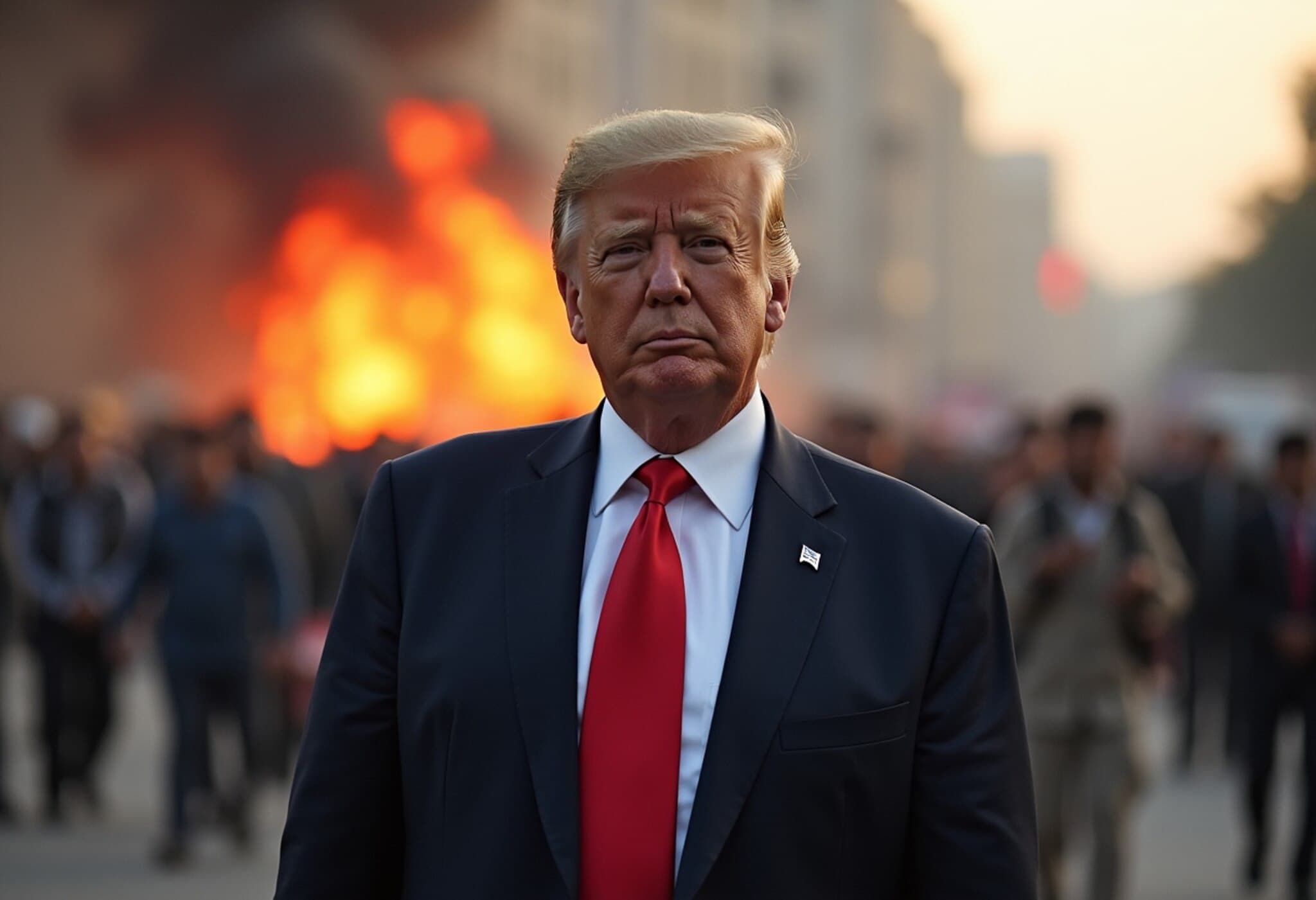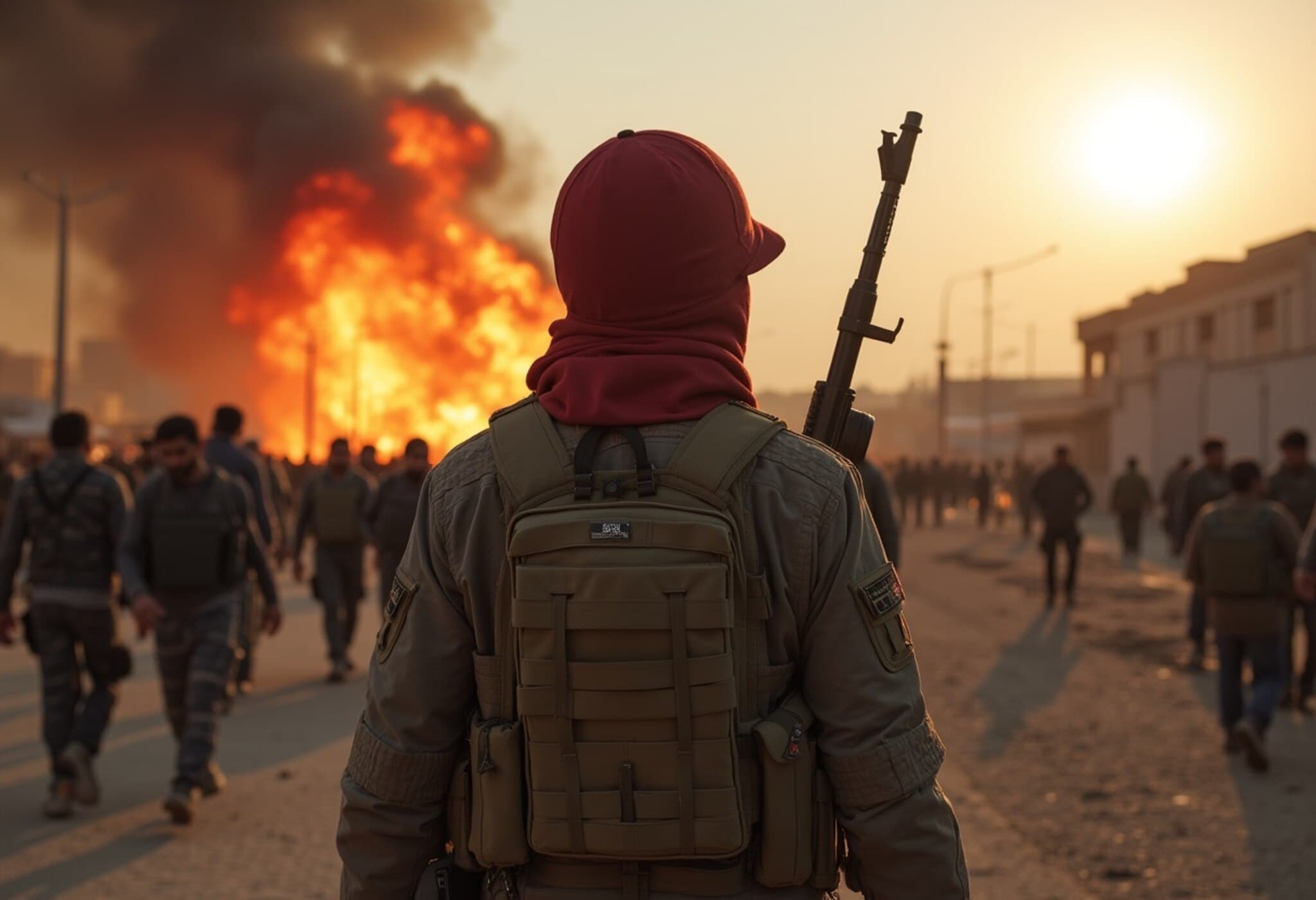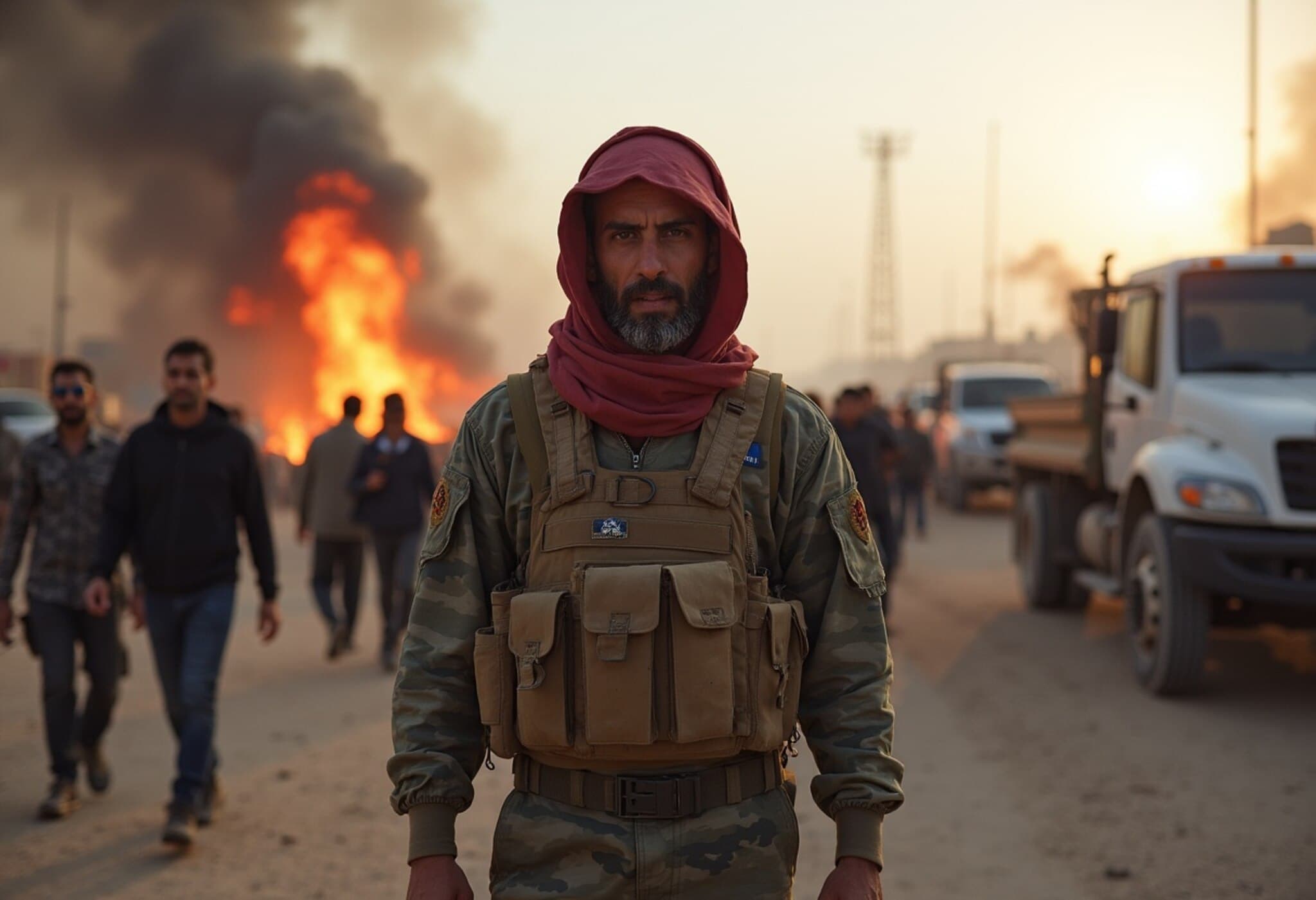Global Coalition Urges End to Gaza Conflict to Restore Human Dignity
In a powerful display of international solidarity, a coalition of 28 nations alongside the European Union Commissioner for Equality, Preparedness, and Crisis Management has called for an immediate ceasefire in Gaza. Their united statement highlights the rapidly deteriorating humanitarian situation and condemns ongoing practices they say deprive Palestinians of basic human dignity amidst intensifying violence.
Humanitarian Catastrophe Unfolding in Gaza
Shared publicly on the Australian Foreign Minister Penny Wong’s official website, the joint declaration paints a grim picture: over 800 Palestinian civilians have died, tragically, while seeking essential food and water supplies. The statement criticizes what it describes as a dangerously inadequate approach to aid delivery by the Israeli government, calling it a "drip feeding" strategy that exacerbates instability and deepens suffering.
“The denial of essential humanitarian assistance to Gaza’s civilian population is unacceptable,” the coalition emphasized, urging Israel to honor its obligations under international humanitarian law. The call stresses that obstructing aid not only intensifies the crisis but risks fracturing the prospects for peace.
Balancing Complex Realities: Hostages and Settlement Policies
The coalition also unequivocally condemned Hamas’s continued detention of hostages taken during the October 7, 2023 attacks, demanding their immediate and unconditional release. They expressed hope that earnest negotiation provides the best path toward their safe return.
In tandem, the statement took a firm stance against Israel’s unilateral actions, notably the planned expansion of the so-called E1 settlement. Signatories warned that such developments threaten to "sever Palestinian territories" and represent a flagrant violation of international law, jeopardizing the already fragile two-state solution. Furthermore, they called out rising settler violence across the West Bank and East Jerusalem as a dangerous trend fueling further instability.
Rejecting Forced Displacement and Advocating for a Political Roadmap
Any attempts to forcibly displace Palestinians under the pretext of creating a “humanitarian city” were met with sharp criticism. The coalition labeled such measures unlawful under international humanitarian standards and urged Israel to immediately lift restrictions impeding the work of UN agencies and NGOs delivering lifesaving aid.
Highlighting the urgency of political solutions over prolonged conflict, the coalition voiced full support for ongoing mediation led by the United States, Qatar, and Egypt. The statement concluded with a call for an unconditional and permanent ceasefire, warning that further bloodshed accomplishes nothing but entrenched suffering and instability.
Signatories and Geopolitical Implications
This unprecedented statement was endorsed by foreign ministers from major global players including the UK, Canada, France, Germany, Japan, and the Nordic countries, alongside EU representatives. The broad alliance underscores a rare moment of shared international concern over the Gaza conflict.
From a policy analyst’s perspective, this coalition expresses mounting impatience with the status quo and signals mounting pressure on Israel to redefine its humanitarian and political strategies in Gaza. For the United States and other mediators, this strengthens the imperative for a diplomatic breakthrough that balances Israel’s security concerns with Palestinian rights and human dignity.
Looking Ahead: Key Questions and the Human Toll
- How will Israel respond to growing international demands to ease humanitarian restrictions?
- Can sustained international pressure foster genuine negotiations that include all stakeholders?
- What risks do continued settlement activities pose to an already fragile peace process?
- How will the international community hold all parties accountable for complying with humanitarian law?
As this crisis unfolds, millions of lives hang in the balance—not just in Gaza, but across the region. The international community’s united call for ceasefire and political dialogue offers a sliver of hope in a conflict too long marked by loss and hardship.
Editor's Note
This robust global appeal brings critical attention to the urgent need to prioritize human dignity and humanitarian access in Gaza. Yet, the path to peace remains fraught with geopolitical tension, complex security concerns, and decades of unresolved grievances. Readers are encouraged to consider how sustained international engagement, respect for international law, and inclusive dialogue might break the cycle of violence. What role can nations outside the immediate conflict zone play in supporting a just and lasting resolution?

